The Age of Exploration: 14 Fascinating Facts You Need to Know
The Age of Exploration was a period of intense exploration and discovery that took place from the 15th to the 17th centuries, as European powers sought to expand their empires and gain access to new markets and resources. During this time, intrepid explorers set sail for unknown lands, braving treacherous seas, harsh climates, and hostile native populations in search of fortune and glory.
In this post, we’ll take a closer look at the Age of Exploration and delve into 14 fascinating facts that shed light on this pivotal period in world history. From the exploits of famous explorers like Christopher Columbus and Vasco da Gama to the global impact of European colonialism and the enduring legacy of the Age of Exploration, we’ll explore the key events, people, and ideas that shaped this era and continue to shape our world today.
So, sit back, buckle up, and get ready to embark on a journey through time and space, as we explore the Age of Exploration and all its wonders.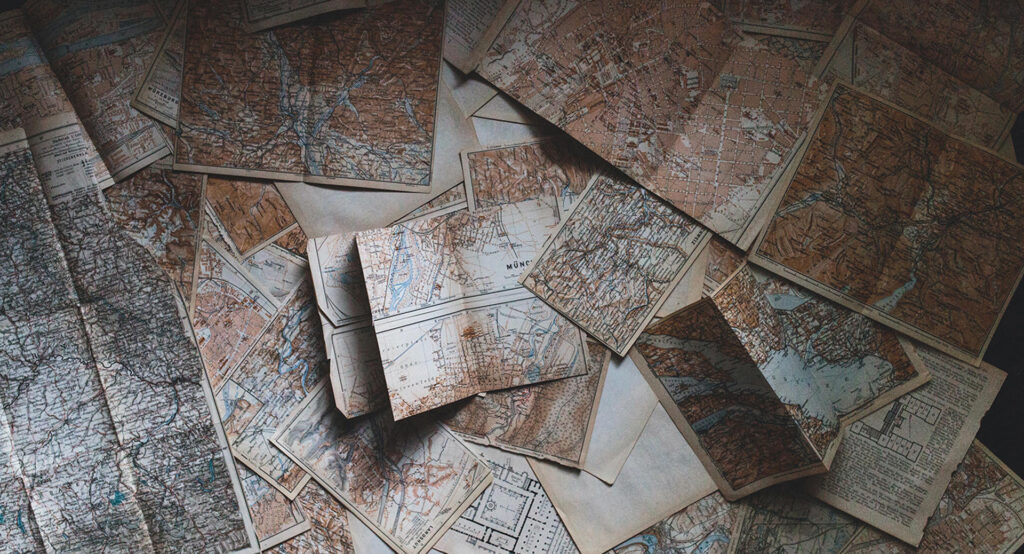
European explorers were motivated by various factors.
1 Including economic, political, religious, and social reasons. Here are some more facts about the Age of Exploration:
- European explorers sought new trade routes to the East, which were controlled by Muslim traders who charged high fees for goods such as spices, silk, and porcelain.
- One of the primary goals of the Age of Exploration was to find a sea route to Asia that bypassed the Muslim traders, allowing Europeans to access these valuable goods more directly.
- The development of new ship technologies, such as the caravel and the compass, enabled European explorers to navigate the world’s oceans with greater accuracy and speed.
- Christopher Columbus’s voyages to the Caribbean in 1492, funded by the Spanish monarchy, marked the beginning of European exploration of the New World.
Portuguese explorers, led by Vasco da Gama, reached India in 1498.
2 This voyage opened a new maritime trade route to the East, which allowed for the direct importation of spices and other goods, bypassing the traditional overland routes controlled by Arab and Italian merchants.
This marked the beginning of European colonialism in Asia and the establishment of Portuguese trading posts along the coasts of India and Southeast Asia.
Christopher Columbus, an Italian explorer sailing for Spain, reached the Americas in 1492.
3 Christopher Columbus embarked on his voyage across the Atlantic in 1492 with the support of King Ferdinand and Queen Isabella of Spain. His goal was to find a new sea route to Asia by sailing westward, but instead he reached the Caribbean islands in the Americas.
This event marked the beginning of the European exploration and colonization of the Americas, which had a profound impact on the indigenous peoples and the development of the Western Hemisphere.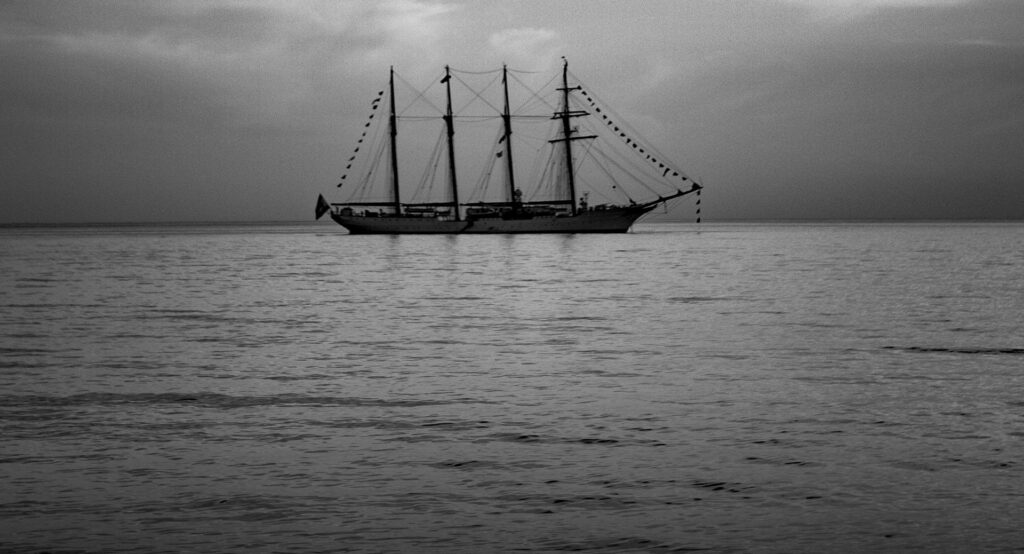
Ferdinand Magellan, a Portuguese explorer sailing for Spain, led the first circumnavigation of the globe from 1519 to 1522.
4 Magellan’s expedition was the first known successful attempt to circumnavigate the Earth, although he himself did not complete the voyage as he was killed in the Philippines.
The remaining crew, led by Juan Sebastián Elcano, completed the journey and returned to Spain in 1522.
The Spanish Conquistadors, led by Hernan Cortes.
5 Conquered the Aztec Empire in Mexico and Francisco Pizarro conquered the Inca Empire in Peru, gaining vast amounts of wealth and territory for Spain.
Some additional facts about the Spanish conquests include:
- Hernan Cortes arrived in Mexico in 1519 with a small force and allied with other indigenous groups to defeat the powerful Aztec Empire in 1521.
- Francisco Pizarro arrived in Peru in 1532 and, with the help of indigenous allies and superior weaponry, conquered the Inca Empire in 1533.
- The conquests led to the destruction of indigenous cultures and societies, including the loss of many lives through warfare, disease, and forced labour.
- The Spanish established a vast colonial empire in the Americas, including present-day Mexico, Central and South America, and the Caribbean.
- The conquistadors introduced new animals, crops, and technologies to the Americas, but also imposed their own cultural, religious, and economic systems on the native populations.
- The conquests had a significant impact on global trade and the flow of resources, particularly through the transatlantic slave trade that transported millions of African slaves to the Americas to work on plantations and mines.
The Dutch East India Company was founded in 1602.
6 Becoming the world’s first multinational corporation and a major player in the spice trade.
The Dutch East India Company was also involved in territorial expansion and colonization, establishing a trading post in present-day New York City and the colony of Dutch East Indies (modern-day Indonesia).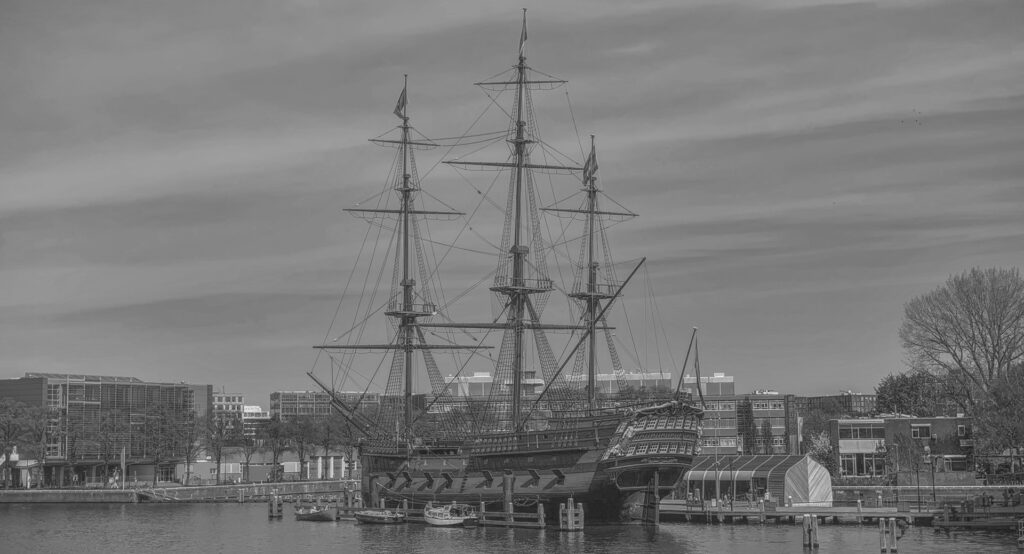
The English East India Company was founded in 1600.
7 Two years earlier than the Dutch East India Company. It was also involved in the spice trade and had a significant impact on British colonization and imperialism in Asia.
The Columbian Exchange, named after Christopher Columbus.
8 The Columbian Exchange was the widespread transfer of plants, animals, culture, human populations, technology, and ideas between the Americas, Africa, and the Old World in the 15th and 16th centuries following Columbus’s arrival in the Americas in 1492.
The Age of Exploration had a significant impact on the Native American population.
9 The arrival of Europeans brought new diseases, such as smallpox, which devastated Native American populations who had no immunity. European settlers also brought new technologies and weapons that gave them an advantage over the native peoples, leading to conflicts and displacement of indigenous communities.
The forced relocation of Native American communities and the introduction of new cultural norms also had a profound impact on Native American societies, leading to the loss of traditional customs and ways of life.
European exploration and colonization led to the transatlantic slave trade.
10 The demand for labor in the New World led to the transatlantic slave trade, where millions of Africans were forcibly taken from their homes and brought to the Americas to work on plantations and in other industries.
The slave trade had a devastating impact on African societies and cultures and contributed to the development of racism and prejudice that still exists today.
The Age of Exploration played a key role in shaping the modern world by establishing new trade routes, creating global markets, and promoting international commerce.
11 It also paved the way for the rise of modern capitalism, as European nations began to accumulate vast amounts of wealth through trade and colonization. Additionally, it sparked cultural exchanges between different parts of the world, leading to the spread of ideas, technologies, and artistic styles. The impact of the Age of Exploration on the development of modern society cannot be overstated.
The Age of Exploration also had a significant impact on European art, literature, and culture.
12 The encounters with new cultures, peoples, and lands led to a fascination with the exotic and the unknown, which inspired many artists, writers, and thinkers of the time. European artists began to incorporate exotic motifs, themes, and styles into their work, creating a new genre of art known as Orientalism.
Writers such as Shakespeare and Milton drew inspiration from stories of exploration and discovery in their works. The Age of Exploration also contributed to the development of the scientific method and the rise of modern science, as explorers made new discoveries and gathered knowledge about the natural world.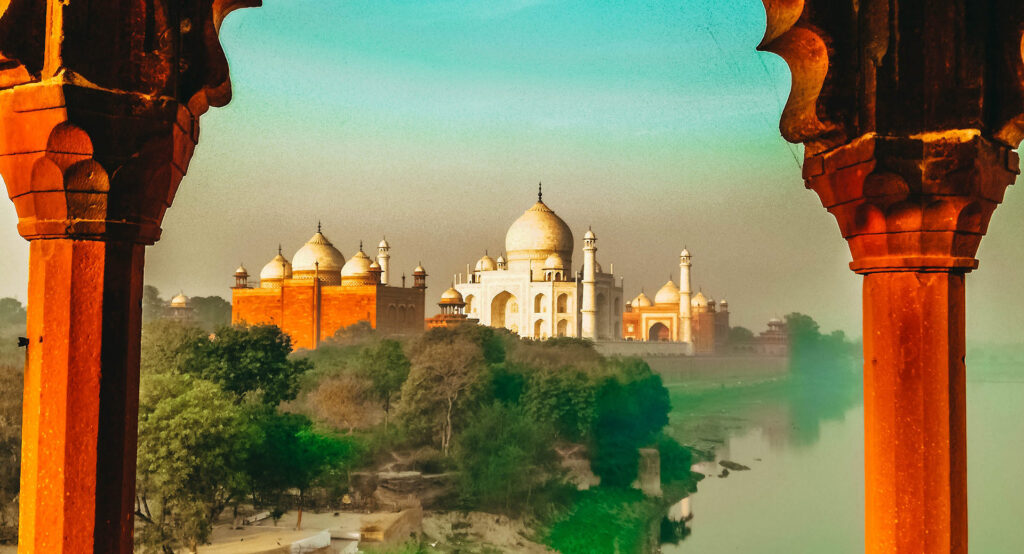
The Portuguese, Spanish, Dutch, English, and French were the major European powers during the Age of Exploration, each vying for dominance in trade and colonization.
13 During the Age of Exploration, which took place from the 15th to the 17th centuries, Portugal, Spain, the Netherlands, England, and France were the major European powers that established trade and colonial empires around the world. These empires were built through exploration, conquest, and trade, and each country had its own unique strategy for expanding its influence and power.
Portugal was the first European power to establish a global empire, beginning with the exploration of Africa’s coast and the discovery of a sea route to India in 1498. Spain followed soon after, with Christopher Columbus’s voyage to the Americas in 1492, and the subsequent conquest and colonization of much of Central and South America.
The Netherlands, England, and France became major players in the Age of Exploration in the 17th century. The Dutch were particularly successful in establishing a global trading empire, with colonies and trading posts in Asia, Africa, and the Americas. England and France focused more on establishing colonies in the Americas, with England eventually gaining control of much of the eastern coast of North America, and France establishing colonies in Canada and the Caribbean.
Overall, the Age of Exploration was a time of intense competition and conflict between European powers, as each sought to gain economic and political power through exploration and colonization.
The Age of Exploration came to a close in the 17th century, as the major European powers established their colonies and trade routes and shifted their focus towards more intensive exploitation of these territories.
14 However, by the mid-17th century, many of these empires had already been established, and the focus shifted towards more intensive exploitation of these territories.
This included the establishment of plantations and other large-scale agricultural operations, as well as the development of mining and other extractive industries. European powers also began to focus on consolidating their control over their colonies and territories, often at the expense of the indigenous populations.
At the same time, the Age of Enlightenment in Europe led to increasing criticism of colonialism and imperialism, as well as a growing awareness of the rights and dignity of indigenous peoples. This led to increased efforts to reform and improve colonial policies, although these efforts were often met with resistance from colonial authorities and settlers.
Overall, the end of the Age of Exploration marked a turning point in world history, as European powers shifted their focus towards more intensive exploitation of their colonies and territories, while also facing increasing criticism and resistance to their colonial policies.
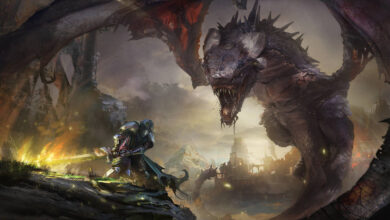



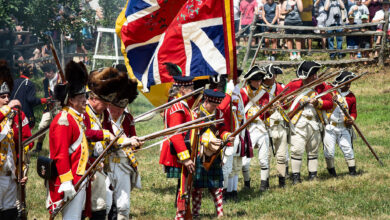
As I web site possessor I believe the content matter here is rattling excellent , appreciate it for your efforts. You should keep it up forever! Best of luck.